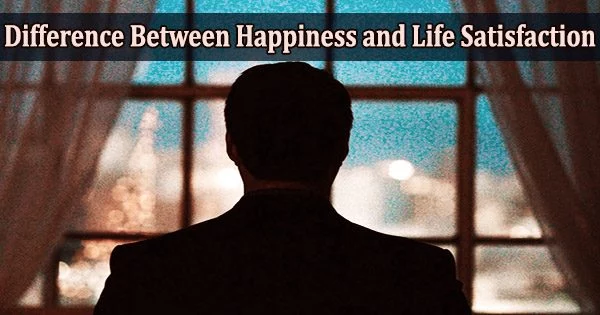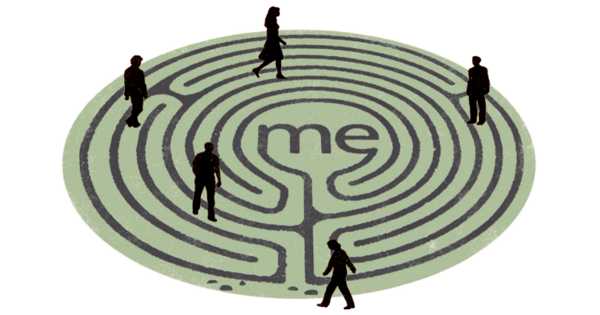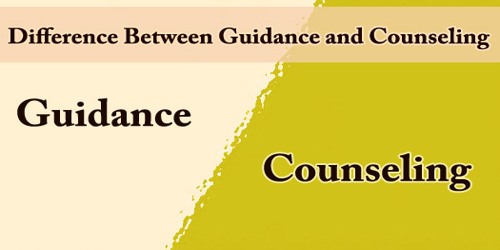The concept of life satisfaction (LS), which is commonly confused with happiness but is actually a separate idea, is a little more nuanced than it first appears. A person’s well-being is measured by their mood, relationship satisfaction, goals attained, self-concepts, and perceived ability to deal with life’s challenges. Life satisfaction is the evaluation of one’s life as a whole, not simply one’s current level of happiness.
Life satisfaction has been calculated in relation to a person’s financial situation, educational attainment, life experiences, place of residence, and other elements. It is a worldwide assessment as opposed to one that is based on a particular moment in time or a particular field. Subjective well-being and life satisfaction are influenced by a variety of circumstances. Gender, age, marital status, income, and education are sociodemographic characteristics. Health and disease, functional capacity, degree of activity, and social connections are all examples of psychosocial elements.
Happiness is a process, whereas satisfaction is the end result. Happiness can happen at any time, whereas satisfaction arrives at the end. Happiness stems from our emotions, whereas contentment is founded on reason.
Happiness is characterized as both a mental state and an emotion. Man can decide to be content. It is important to remember that even those who live in poverty can be content despite the fact that not all of their needs not even the most basic ones are satisfied.
Happiness is a moment-to-moment, immediate experience that, while delightful, is ultimately ephemeral. Happiness is undoubtedly a part of a healthy life, but it rarely constitutes a meaningful and rewarding life.
Positive psychologists state that there are three kinds of happiness:
- Pleasure, which is a positive sensory experience.
- Engagement, which can involve one’s family, work, hobbies, and romance.
- Meaning, which is the use of one’s strengths to serve a purpose in life.
According to Daniel Gilbert, professor of Psychology at Harvard University, the meaning of happiness is “anything we pleased” (Gilbert, 2009). It is a more transitory construct than life satisfaction, and can be triggered by any of a huge number of events, activities, or thoughts.
In addition to being more consistent and long-lasting than happiness, life satisfaction is also more comprehensive. It is a basic sentiment that describes how happy we are with how things are going in our lives. Life satisfaction is influenced by a variety of elements from a range of areas, such as job, romantic relationships, friendships and family ties, personal growth, health and wellness, and others.
Another distinction between happiness and life satisfaction is that the latter is based on your own cognitive assessments of the elements that you value most, as opposed to criteria that researchers judge to be significant.
There are many scales that yield excellent measurements of a person’s wellbeing, however wellbeing is typically more carefully defined and dependent on specific characteristics. This is also the main distinction between wellbeing and life satisfaction.
One of the most popular theories of wellbeing is the PERMA model developed by Martin Seligman, one of the “founding fathers” of positive psychology (Seligman, 2011). His model is based on the idea that there are five main factors that contribute to wellbeing: Positive emotions, Engagement, Relationships, Meaning, and Accomplishments.
This approach effectively explains variations in wellbeing, but because it is less individualized and more objective, it frequently falls short of accurately capturing life pleasure.
Measuring life satisfaction is typically subjective, or based on the factors that a person personally values in their own life. You won’t have a factor that doesn’t genuinely matter to you dictate how happy you are with your life.
You may also hear another term tossed about with life satisfaction and happiness: quality of life. Quality of life is another measure of satisfaction or wellbeing, but it is associated with living conditions like the amount and quality of food, the state of one’s health, and the quality of one’s shelter (Veenhoven, 1996).
Again, life happiness is subjective and more essentially emotional than this related variable, which is another difference. Because they may place more value on a totally different set of factors than those involved in quality of life, someone who is homeless or terminally ill may very well have a higher level of life satisfaction than a wealthy person in good health.
According to recent studies, religious people are happier than nonreligious people. Maybe this is as a result of their involvement in religious pursuits, which can provide them a great deal of happiness because, as they assist others, they grow more deserving of God’s glory. The final distinction is that happiness emphasizes giving, whereas fulfillment emphasizes getting. When we are happy, we are more prone to focus on ourselves rather than other people.
















